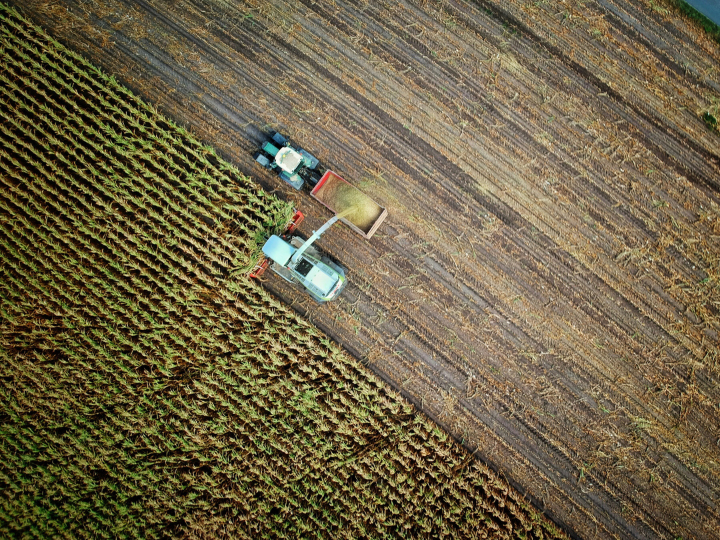by Aleksandra Krzysztoszek
Kyiv may limit imports of Polish agri-food production if Polish farmers do not stop blocking the country’s borders in Ukraine against the influx of Ukrainian grain and other products, government officials told Ukrainian media.
Over the past few days, the nature of the Polish farmers’ protests has changed.
Instead of demonstrating in cities and towns, farmers protesting against Ukrainian food production flooding Poland’s domestic market are concentrating on blocking the country’s border with Ukraine to prevent lorries carrying Ukrainian products from entering Poland.
With the Polish government doing little to prevent such practices and even openly supporting the protests, Ukraine is considering restricting Polish agricultural imports, two senior government officials told Ukrainian Forbes.
“We would like to avoid it, but (…) it may prove necessary,” said one official, speaking on condition of anonymity due to the sensitivity of the issue.
Agriculture Minister Mylola Solskiy also previously confirmed to Forbes that retaliation against Poland is an option. “We opt for a constructive approach, but of course we are ready to react,” he said.
A decision could be taken within two weeks. “We will see what happens,” he added, refusing to give further details.
During a protest last week, Polish farmers demanded the opening of Ukrainian lorries at the Dorohusk border crossing and spilt grain on the road as a means of protest.
The Polish government criticised the actions of the farmers but admitted that different situations occur during protests and, despite Ukraine’s demands, refrained from punishing the farmers.
Kyiv was less than impressed with the Polish government’s response, with the mayor of Lviv, Andriy Sadoviy, going so far as to call the protesting farmers “pro-Russian provocateurs”. He later apologised for his remarks.
Deputy Minister of Economy and Trade Taras Kachka said that the behaviour of the protesting farmers “has nothing to do with a peaceful protest.”
He added that if Poland remained indifferent to the destruction of Ukrainian food, he would not be surprised to see aggressive action taken against Polish cheese trucks or goods on shop shelves.
“Whenever you can play with milk, such a suggestion appears first – blocking milk,” Agnieszka Maliszewska, head of the Polish Chamber of Milk, told Portal Spozywczy.
“If such a situation occurs, it means that the Ukrainian deputy minister wants to play to the detriment of the country’s (Ukraine’s) own citizens,” she added.
Another senior Ukrainian government official told Bloomberg that the Polish farmers blocking the border were harming Ukraine’s defence capabilities.
Polish Agriculture Minister Czeslaw Siekierski discussed the problem with Solskiy twice this year, with the latest meeting taking place last week. The two sides are negotiating a bilateral agreement on food imports to determine the quotas of food that can be imported into each country without destabilising markets, Siekierski announced during a meeting with farmers.
Meanwhile, Polish farmers continue their 30-day general strike to block border crossings.
They called on farmers from other EU countries to join them at the border. Farmers from Germany, France and Belgium took part in Sunday’s protest.
*first published in: Euractiv.com




 By: N. Peter Kramer
By: N. Peter Kramer

